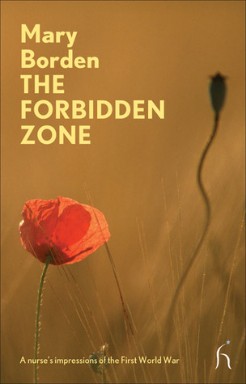Mud: and a thin rain coming down to make more mud.
Mud: with scraps of iron lying in it and the straggling fragment of a nation, lolling, hanging about in the mud on the edge of disaster.
It is quiet here. The rain and the mud muffle the voice of the war that is growling beyond the horizon. But if you listen you can hear cataracts of iron pouring down channels in the sodden land, and you feel the earth trembling.
Back there is France, just behind the windmill. To the north, the coast; a coast without a port, futile. On our right? That's the road to Ypres. The less said about that road the better: no one goes down it for choice -- it's British now. Ahead of us, then? No, you can't get out that way. No, there's no frontier, just a bleeding edge, trenches. That's where the enemy took his last bite, fastened his iron teeth, and stuffed to bursting, stopped devouring Belgium, left this trip, these useless fields, these crumpled dwellings.
Cities? None. Towns? No whole ones. Yes, there are half a dozen villages. But there is plenty of mud, and a thin silent rain falling to make more mud -- mud with things lying in it, wheels, broken motors, parts of houses, graves.
This is what is left of Belgium. Come, I'll show you. Here are trees drooping along a canal, ploughed fields, roads leading into sand-dunes, roofless houses. There's a farm, an old woman with a crooked back feeding chickens, a convoy of motor lorries round a barn; they squat like elephants. And here is a village crouching in the mud: the cobblestone street is slippery and smeared with refuse, and there is a yellow cat sitting in a window. This is the headquarters of the Belgian Army. You see those men, lolling in the doorways -- uncouth, dishevelled, dirty? They are soldiers. You can read on their heavy jowls, in their stupefied, patient, hopeless eyes, how boring it is to be a hero.
